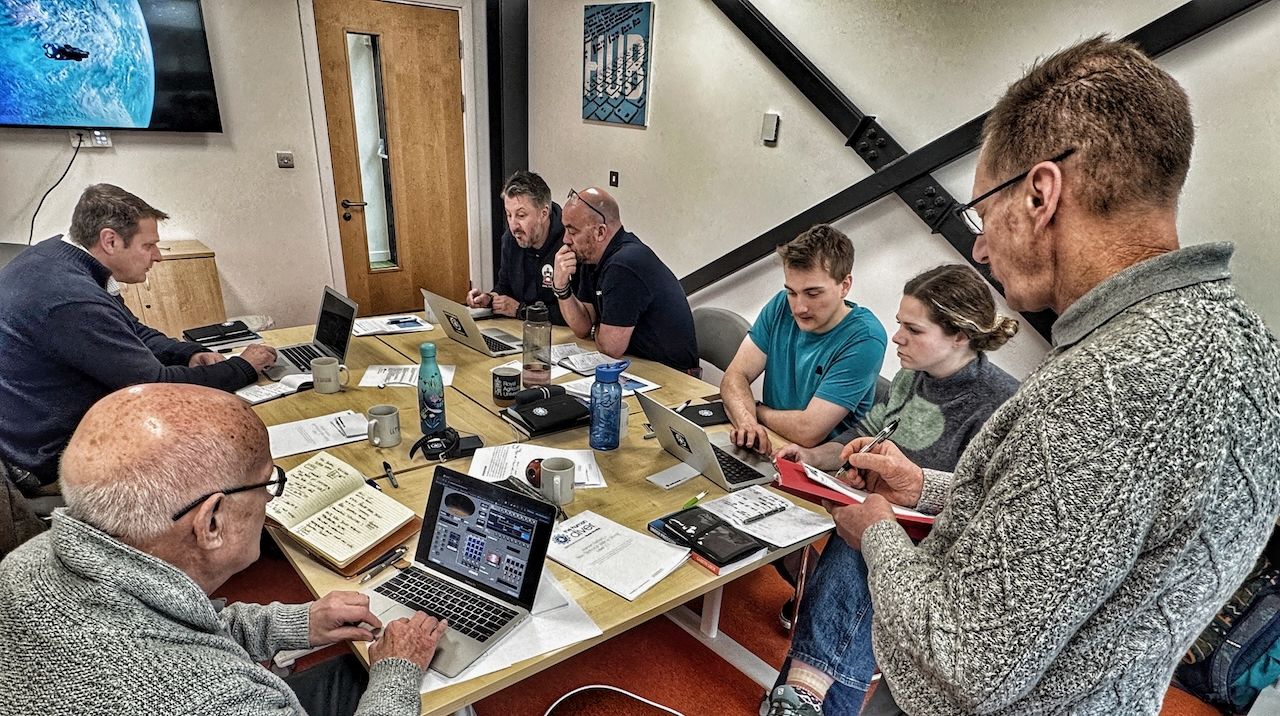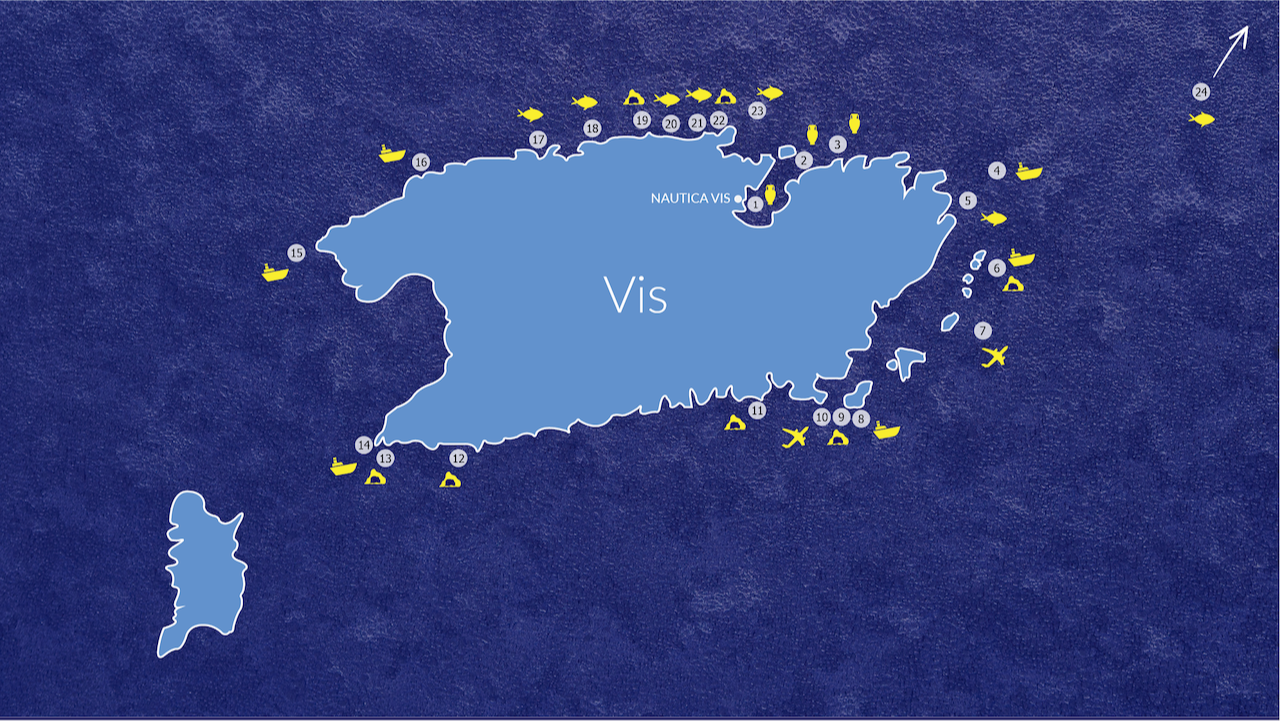
Applied Skills:
Moving from Classroom to the Wrecks and Reefs around Vis
A globally-unique experience where you undertake a classroom-based Applied Skills to develop the knowledge and core skills, then dive in the afternoon to bring them to life.
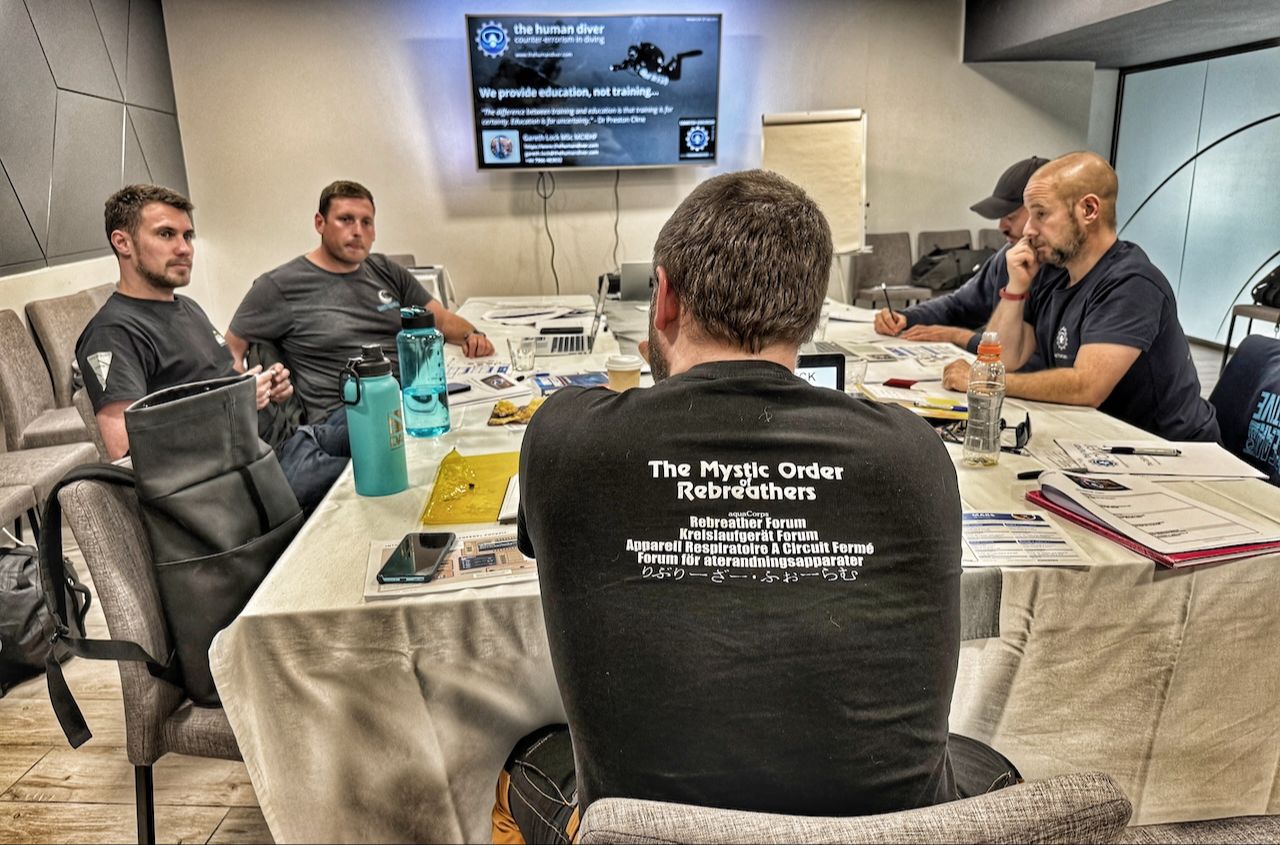
In the Classroom
The HFiD: Applied Skills classroom-based activities have a global reputation for bringing the perceived complexity of human factors in diving to life in a psychologically-safe environment.
The scenarios make clear communication, critical decision-making, transparent leadership, and collaborative teamwork to life in a manner that doesn't exist anywhere else.
Proven in value across multiple different high-risk environments include military diving, firefighting, healthcare, construction, aviation, and analog astronaut training.
Making human factors and non-technical skills tangible.
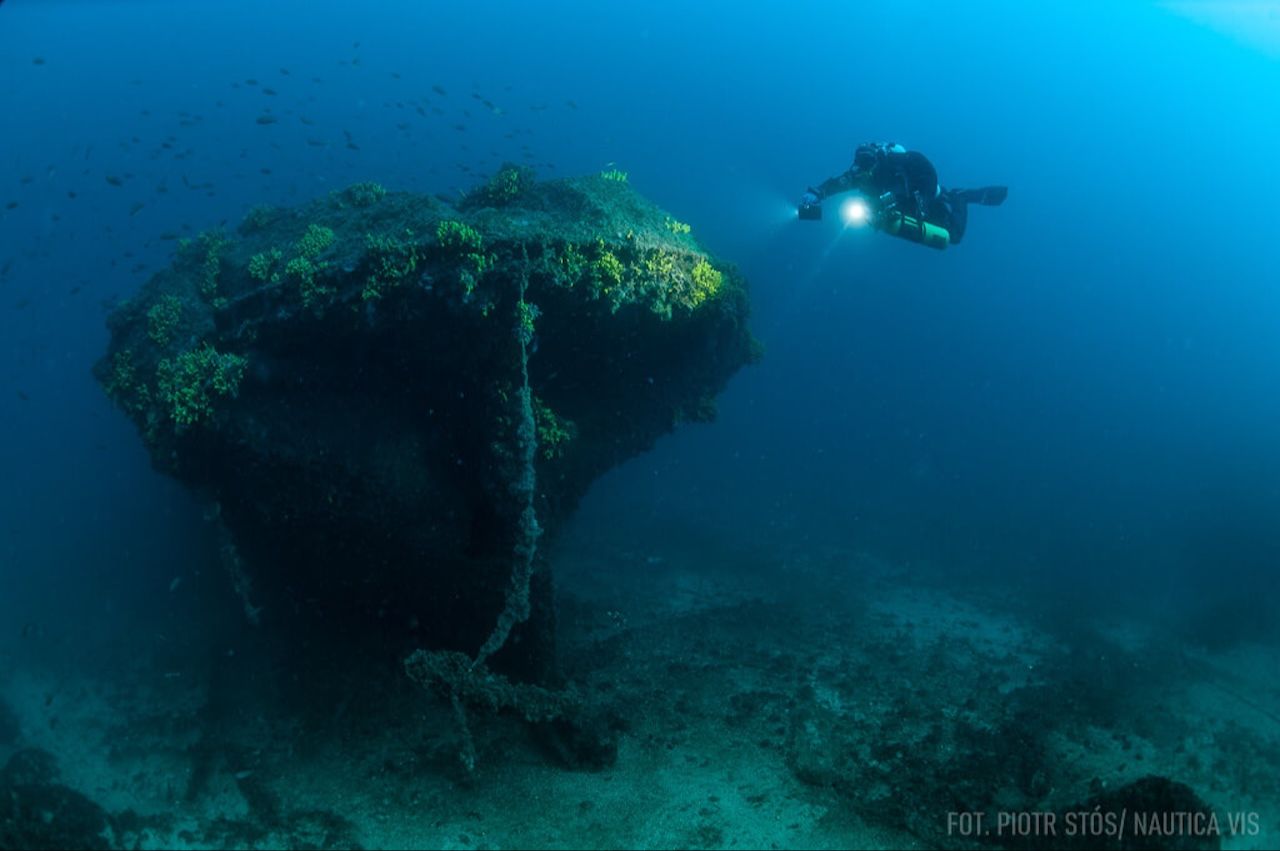
On the Wrecks/Reefs
One of the biggest challenges we face is bringing the classroom learning to the underwater environment in a timely manner. The 2026 HFiD Conference allows that to happen.
Each morning a four-hour training session with at least one mission will be completed, and then in the afternoon, up to dives will take place to cement the learning in a practical and reflective manner.
Your dives will match your diving qualifications (from recreational to deeper trimix OC and CCR dives), and will combine both the exploration of the wrecks and reefs in the area, with the lessons from the classroom sessions.
"The biggest problem with human factors in diving is human factors!”
Tim Gosling
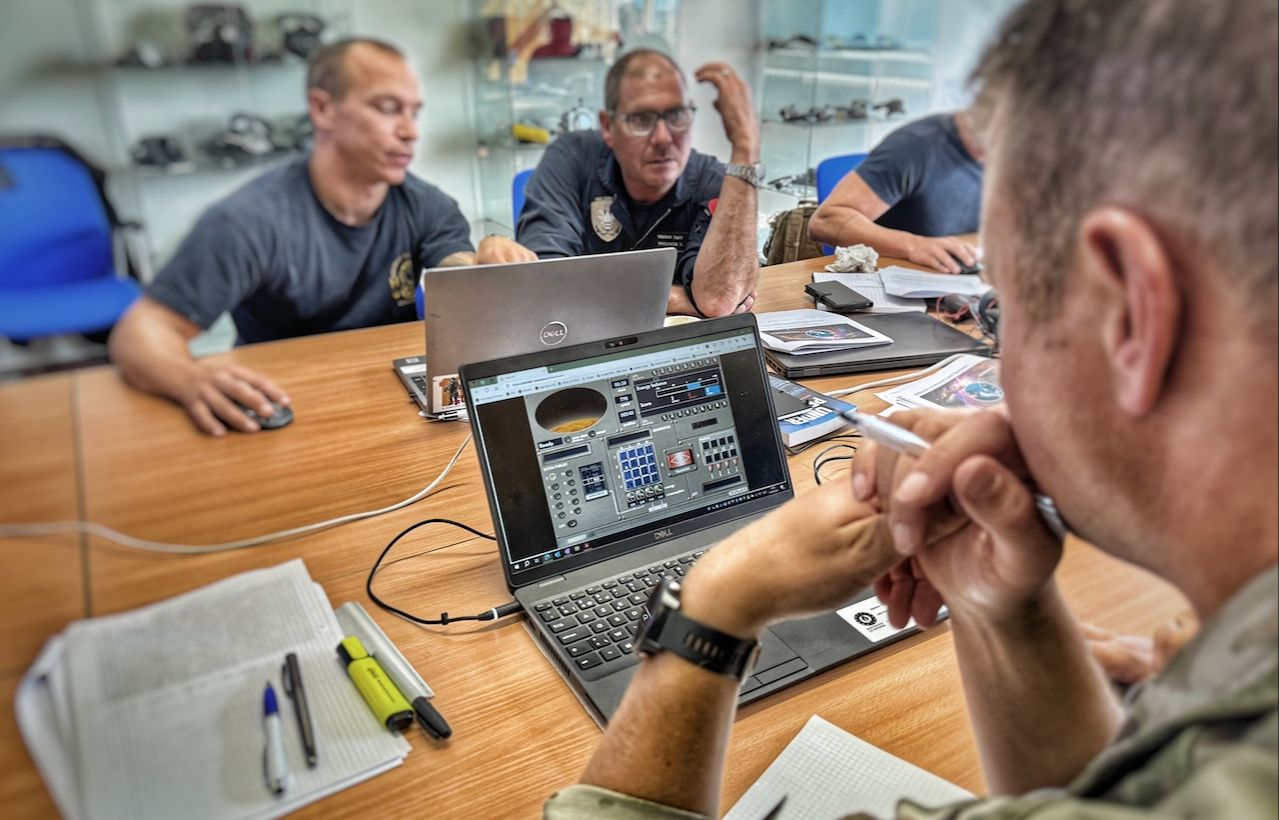
Operating a broken spacecraft...
Each morning the Human Diver instruction team will deliver a mixture of theory and practical sessions using the Interpersonal Skills LAB. In effect, we've taken the normal two-day course and created four half-day sessions.
This HFiD: Applied Skills course is included in the cost of the conference.
Each mission explores the boundaries of personal and team performance in a safe environment. Because the team members are operating in a new environment, there are expectations that they will fail and make mistakes, but through reflective debriefs and applying the theory from the class, the team identify critical steps to make improvements in subsequent missions.
The teams will learn how to plan, brief, execute their missions, and then debrief them using the tools from The Human Diver.
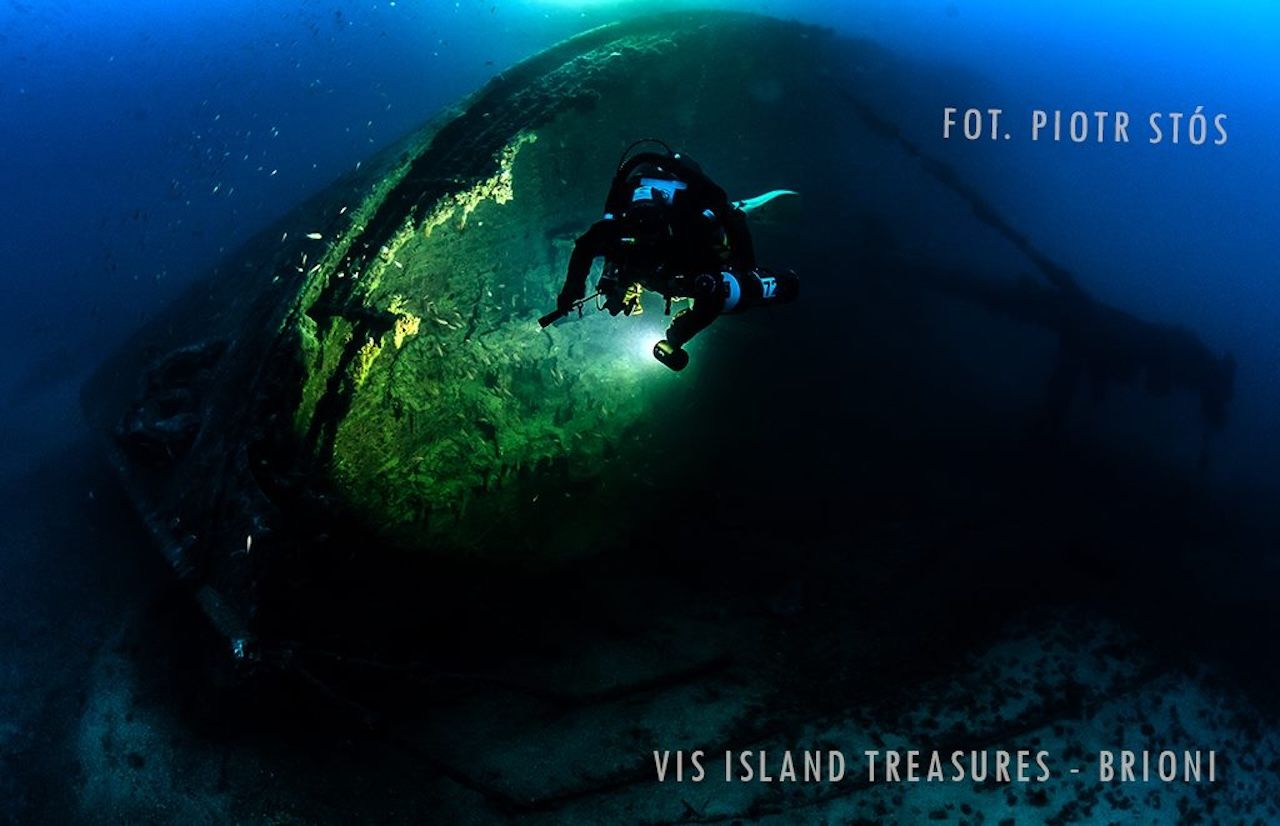
...to becoming an effective dive team
The Human Diver team aren't there to create awesome astronauts who can operate the InterLAB spacecraft. The mission is to improve the performance and safety divers, so they can plan, brief, execute, and then debrief their dives.
Those who attend the conference will have the opportunity to develop their non-technical skills in the classroom in the morning, and then visit one of the many dives sites around the island to complete up to two dives, practising and reinforcing the skills they learned that morning.

